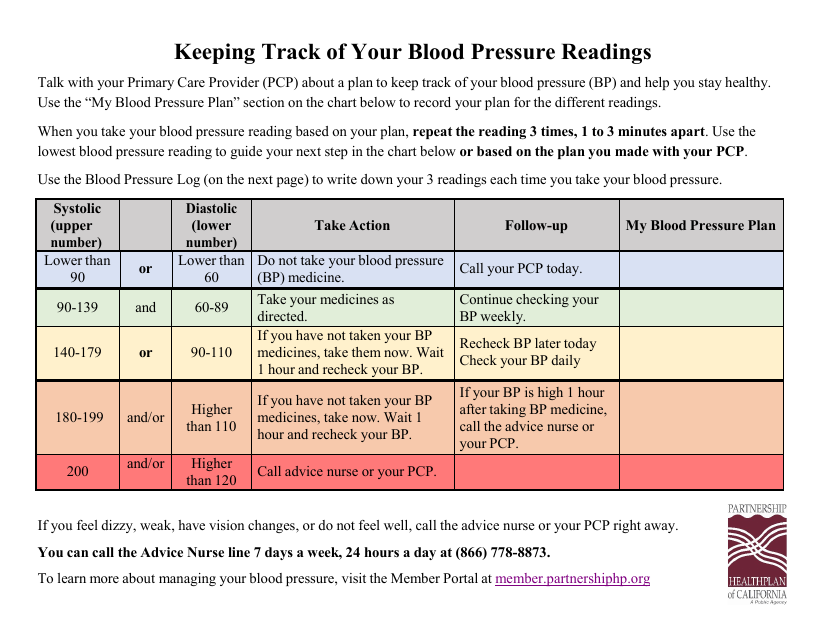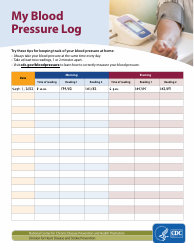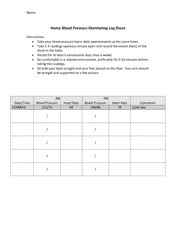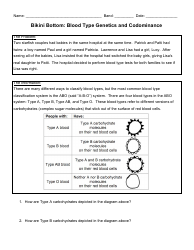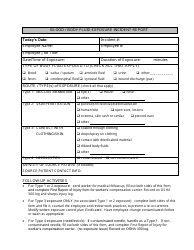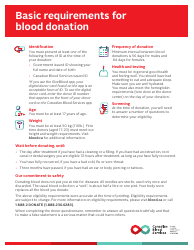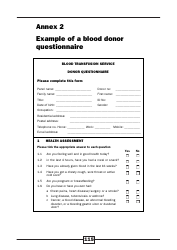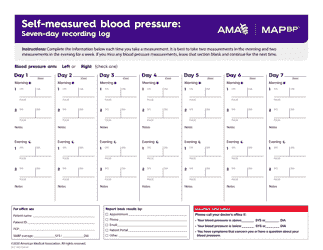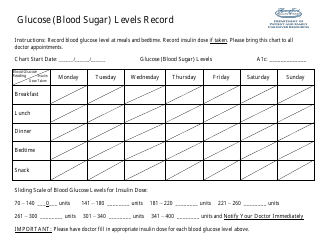Blood Pressure Log - Track
A blood pressure log is used to track and record blood pressure readings over time. It helps individuals monitor their blood pressure levels and detect any potential changes or abnormalities.
The individual who is monitoring their blood pressure is responsible for keeping track of the blood pressure log.
FAQ
Q: What is a blood pressure log?
A: A blood pressure log is a tool used to track and monitor your blood pressure readings over time.
Q: Why should I track my blood pressure?
A: Tracking your blood pressure can help you and your doctor detect any changes or trends, and make better decisions about your health.
Q: How often should I measure my blood pressure?
A: It is recommended to measure your blood pressure at least once a day, or as advised by your doctor.
Q: What should I write in a blood pressure log?
A: You should write down your blood pressure readings, including the date, time, and both the systolic and diastolic numbers.
Q: How can I monitor my blood pressure at home?
A: You can monitor your blood pressure at home using a blood pressure monitor, which can be purchased at most pharmacies.
Q: What is considered a normal blood pressure reading?
A: A normal blood pressure reading is typically around 120/80 mmHg.
Q: When should I seek medical help for my blood pressure?
A: You should seek medical help if your blood pressure readings are consistently high or low, or if you have symptoms such as dizziness, chest pain, or shortness of breath.
Q: Can lifestyle changes help in managing blood pressure?
A: Yes, making healthy lifestyle changes such as exercising regularly, eating a balanced diet, reducing sodium intake, and managing stress can help in managing blood pressure.
Q: Should I stop taking my medications if my blood pressure is normal?
A: No, you should not stop taking your medications without consulting your doctor, even if your blood pressure is normal. It is important to follow your doctor's instructions.
Q: Is it possible to lower blood pressure naturally?
A: Yes, lifestyle changes like maintaining a healthy weight, exercising regularly, eating a balanced diet, reducing sodium intake, limiting alcohol consumption, and managing stress can help to lower blood pressure naturally.
